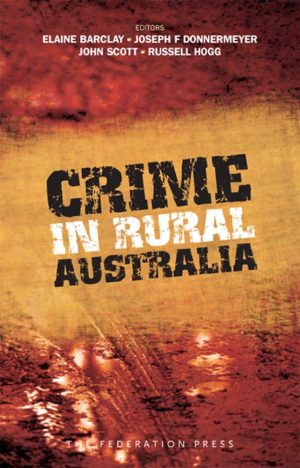At the dawn of Europe, an extraordinary Greek philosopher-engineer—biologist named Aristotle strove to develop a code that the good person could live by. Aristotle’s concepts have much resonance with us today. Although there are differences in the way in which we perceive things, basically we all share the same aspirations and needs.
This new edition will be of value to the globally-focused engineer and scientist; it includes case studies from both developed and developing nations to help students and practitioners unravel the complexities of ethical practice in the 21st Century. It is testament to the global and indefatigable nature of our scientific community that 2,300 years after Aristotle, we might derive the same conclusions as he did.
Morals, ethics and values MoralsMoral actionsEthicsProfessionsEngineering and scienceValuesRelativity and ethicsA special case for Indigenous peoplesShared valuesMorality and conflictConflict in resource managementResolution of moral conflictCodes of ethicsThe Hippocratic OathEngineering ethicsThe 4 Es
Moral theory Aristotle and virtue ethicsEgoismUtilitarianismDeontologyContractarian ethicsTragedy of the CommonsExistentialismAnti-technology
Ethics in practice Case studiesWind farm v parrotThe referenceThe new graduateWest Coast coalResearch ethicsScientific fraudEthics education research
Ethical exemplars Galapagos IslandsDimethylmercury or CO2?Iron Gates subdivisionEngineering, sustainability and equityWater and equity (Victoria)Water and equity (Spain)Patenting human DNA
Epilogue
Ethics and realityAppendix (Ethische Ingenieurverantwortung)Selected References Index
The 4 E’s introduces engineering students to basic moral concepts and to the idea of a professional ethic. It has a clear, concrete focus and will be useful in helping scientists and engineers to be mindful of the role that values play in making professional judgements and to recognise and manage value conflicts that may arise in professional life. …This book reflects Prof Buckeridge’s ongoing commitment to ethics education. For students, the book’s greatest merit lies in its both placing the activities of science and engineering in a larger social context and in assigning science a particularity where it is contestable and contested, and where the practice of science is properly subordinated to a broader moral consideration of means and of ends.
Jeff Chapman, from speech given at the launch of the 1st edition at The Royal Society of Victoria
The book brings updated Australian and German examples and new topics such as DNA, genetics, animal rights and determining values.
“I have included a lot more about how we determine value – both as individuals and as a society,” Professor Buckeridge said.
“Although I am confident that the text will be of interest to general readership, it was written primarily for the globally focused engineer and scientist.”
Over the past decade, Professor Buckeridge has observed that engineers are becoming more aware of their impact on the world around them.
“Along with good design, engineers also know that they have to include environmental and social practice into their plan,” he said. “This ethos is embedded in curriculum, and is enforced through accreditation”.
“Engineers must look at a quadruple bottom line, rather than just at economics and design. A project can fail with a good (engineering) design if it doesn’t take ethics, economics and the environment into account.”
RMIT, Book Review of 1st edition






